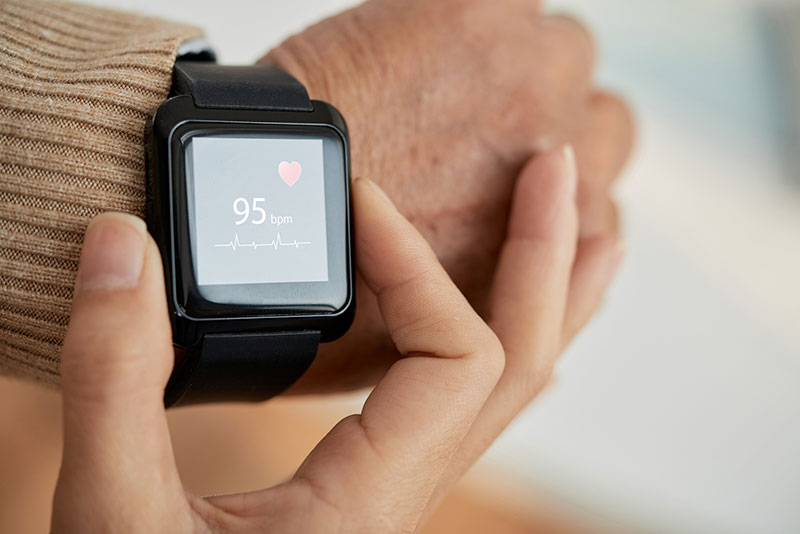The truth of the matter is that anyone at any age is susceptible to developing cardiovascular disease. In fact, cardiovascular disease is the reason behind 1 out of every 3 deaths in the United States each and every year. It kills more Americans every year than all forms of cancer combined. If you have been reading this post for about a minute or so, someone has passed away from a cardiovascular-related condition.
The statistics are frightening. It is a stunning truth that many seniors accept as fact, thinking “When I age, I will develop a heart-related disease of some type.” While it may seem inevitable, it does not have to be. Seniors do not have to succumb to heart attack, stroke, or any heart-related disease. Champion Home Health Care puts the health of seniors in Brevard County at the forefront of everything we do. We are closely connected to the elderly population in Melbourne, FL and count ourselves blessed to provide home health care in Melbourne. We know that no matter your age, there are powerful and effective steps you can take right now to reduce your risk of developing heart disease. If you know better, you can do better one small step at a time.
First and foremost, quit smoking! Across the world, smoking, including second-hand smoke, is one of the most significant causes of disease. Smokers are twice as likely to experience a heart attack compared to those who do not smoke. Smoking causes damage to the lining of the arteries allowing them to be easily clogged. The carbon monoxide in cigarette smoke lessens the amount of oxygen in the blood. Your heart must work harder to deliver the oxygen that our bodies so desperately need. Added to this, smoking makes it much easier for your blood to clot, increasing the likelihood that you will experience a heart attack or stroke. The best thing you can do for your heart and your health overall is to put the cigarettes down. There is help out there!
Next, know your health numbers: blood pressure, cholesterol, and blood glucose. These numbers are all powerful indicators of heart health.
Blood Pressure
Your blood pressure is a vital tool that physicians use to check the status of your heart. The top number, systolic pressure, measures the amount of pressure the blood is placing on the arterial walls when the heart beats. The second number, diastolic pressure, measures the force of the blood on the arterial walls in between beats, when the heart is at rest.
Cholesterol
Cholesterol comes in two forms, LDL and HDL. Interestingly, HDL (high-density lipoprotein) is considered “good” cholesterol because it actually helps rid the body of “bad” cholesterol. You actually want this type of cholesterol as it lowers the risk of heart disease. LDL, low-density lipoprotein, cause a build up within the arteries and this results in a narrowing of the passageways.
Blood Glucose
Did you know that elevated levels of glucose in the blood may damage blood vessels along with the nerves that affect both blood vessels and the heart? This is why those who have a diabetes diagnosis must pay special attention to their blood glucose levels and work to keep them down.
Diet plays a huge role when it comes to heart disease. We’ve all been told time and time again that what we eat is powerful. A diet rich in fruits and vegetables, lean meats, healthy fats, and whole grains can help keep your heart healthy now and for years to come. If you are not used to eating this way, try incorporating one small change each week until you get there. Maybe this means swapping chips for carrots to go along with your lunch or incorporating brown rice or cauliflower rice instead of white rice. Start small and stay the course and you will see success!
Exercise is another way to strengthen your heart and give yourself a fighting chance! Many people assume they have to work out for countless hours in order to reap the heart health benefits. This is not true; if you are just beginning aim for a brisk (for you) walk for 30 minutes 4 times a week and build as you become stronger. Can’t walk? That’s okay! Find something you can do and do your best.
No matter your age, you can always take steps to improve heart health. Change is possible and does not have to involve massive steps. Small movements in the right direction add up.




